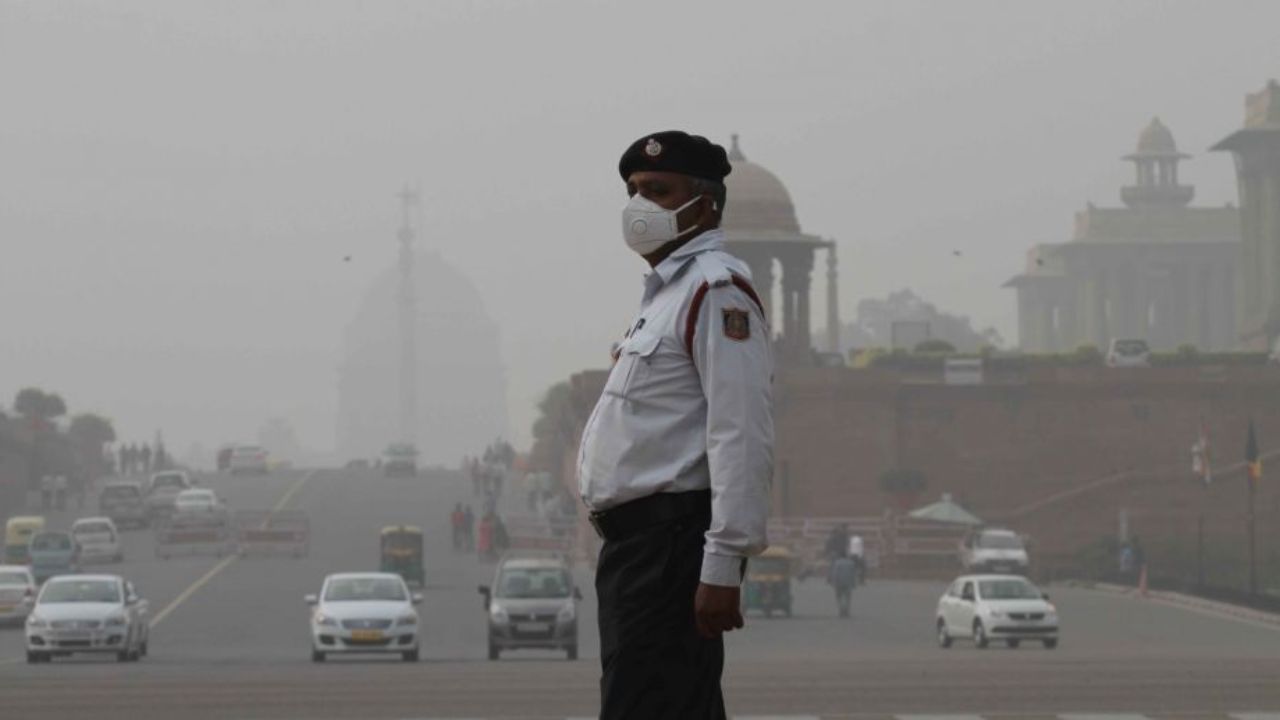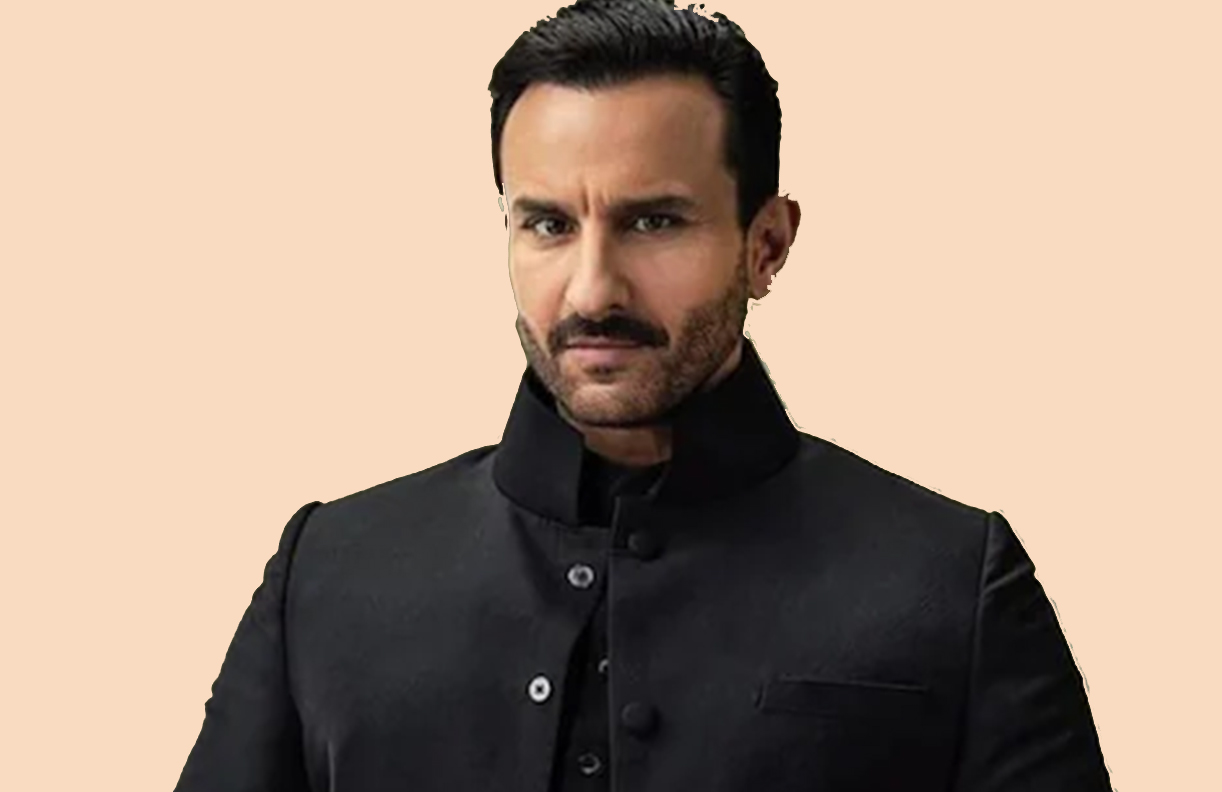Asha Bhosle Discusses Modern Women’s Views on Childbearing as a ‘Burden’; Expert Analyzes the Evolution of Relationship Dynamics and Shifting Expectations
Legendary playback singer Asha Bhosle has expressed her concerns about women who perceive childbearing as a burden. In a conversation with spiritual leader Ravi Shankar, she discussed the increase in divorce rates among young couples

Legendary playback singer Asha Bhosle has expressed her concerns about women who perceive childbearing as a burden. In a conversation with spiritual leader Ravi Shankar, she discussed the increase in divorce rates among young couples today.
Reflecting on her own experiences raising three children on her own, Bhosle emphasized the importance of embracing motherhood instead of resenting it. “Having spent most of my life in the film industry, I’ve observed that earlier generations did not take such drastic steps as today’s couples do. It seems that the love between partners fades quickly, and they grow bored with each other,” she noted, suggesting this may contribute to the rising divorce rates.
During their discussion, Bhosle pointed out that many women today consider “childbearing a burden.” She explained, “This perspective might be more common among lower-income groups, but it’s also prevalent in middle and upper classes. I began my career as a playback singer at age 10, all while raising three children, marrying them off, and now enjoying my grandchildren. I managed all my responsibilities single-handedly, even as a busy professional. Despite my hectic schedule, I ensured my children received proper care and education.”
Changing Relationship Dynamics
As societal norms evolve, so do the dynamics of relationships and expectations surrounding love and marriage. Gurleen Baruah, an occupational psychologist and executive coach at That Culture Thing, offers insights into the context of Bhosle’s experiences alongside broader societal changes in India.
Baruah highlights, “Asha Bhosle’s life reflects a generation with vastly different societal expectations for women.” Bhosle, who eloped and married at 16 in the 1950s, navigated a time when few women pursued careers, let alone thrived in them. The prevailing expectations for women during that era focused primarily on marriage and motherhood, with minimal emphasis on professional aspirations. Bhosle’s ability to balance both career and family underscores her resilience and the challenges women of her time faced.
The Evolving Landscape of Motherhood
Baruah notes that expectations surrounding motherhood have transformed significantly in India over the past few decades due to various factors:
- Economic Considerations: The rising cost of living, education, and child-rearing has made parenthood a more calculated decision.
- Family Structure: Many couples now live in nuclear families, with both partners working to sustain their careers.
- Diverse Aspirations: Modern couples often find fulfillment outside parenthood, engaging in careers, travel, hobbies, and community activities.
- Environmental Concerns: Issues such as pollution and overall quality of life influence decisions about having children.
Shifts in Relationship Dynamics
The transformation in societal expectations has also reshaped relationship dynamics. Baruah explains, “Today, there’s greater choice and personal autonomy, especially for women. While not universal, urban settings generally offer more freedom in relationships.”
Key changes include:
- Women seeking partnerships based on mutual respect rather than traditional roles.
- A departure from rigid, stereotypical roles for both genders.
- A modern understanding of love that emphasizes shared autonomy, freedom, and collaboration.
Cultural Influences
Cultural narratives play a significant role in shaping women’s attitudes toward childbearing and family responsibilities. Baruah emphasizes that these narratives can differ across various regions and family subcultures within India.
In contemporary Indian society, particularly in urban areas, women increasingly balance personal ambitions with family obligations. “Today’s women aspire to define their lives by their own desires and goals, rather than solely conforming to the roles of wife and mother,” Baruah notes.
Progress and Challenges Ahead
While women in urban India now enjoy greater choices and autonomy regarding career, marriage, and motherhood, there is still room for improvement. As Baruah states, “Though progress is being made, it’s not perfect yet. Cultural narratives are evolving, allowing women to redefine their roles and exercise agency over their choices concerning family and career in ways previous generations did not.”




